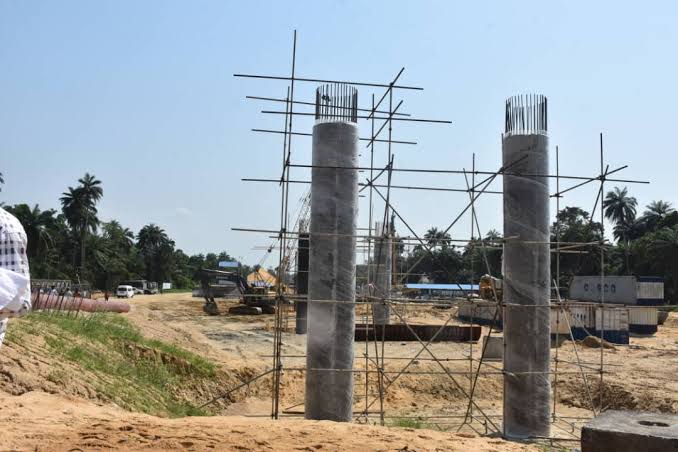By: Goodluck E. Adubazi, Abuja.
In a stirring address at the 2025 Annual Conference and Annual General Meeting (AGM) of the Association of Nigerian University Professional Administrators (ANUPA) on Wednesday, 26 November 2025, in Abuja, Hon. Pascal Agbodike, a Member of the House of Representatives, reiterated his commitment to ensuring the passage of the long-awaited ANUPA Charter Bill. The bill, aimed at formally recognising and establishing professional administrators within Nigerian universities, is now a major step closer to becoming law.
Speaking before a packed audience at the National Universities Commission (NUC) Auditorium, Hon. Agbodike—who represents Ihiala Federal Constituency in Anambra State—highlighted the bill’s significance, stressing the essential role university administrators play in the effective functioning of higher education institutions.
“As you can see, the owners of this bill are here with us today, and as we have discussed, it is imperative that the contributions of professional administrators are formally acknowledged,” Agbodike said. “In some institutions, students pass through the university, but the university does not pass through them. That reflects the absence of a robust, professional administrative structure. This bill seeks to address that by ensuring that university administrators are recognised as key partners in building the future of higher education.”
Agbodike further noted that universities are complex ecosystems requiring both academic and non-academic staff to operate optimally. “Universities are like large communities, and administrators are among the most important members of these communities,” he added. “Without a solid administrative backbone, universities cannot thrive, which is why I took it upon myself to sponsor this bill.”
The bill, which has already passed its first and second readings in the National Assembly, now awaits its final reading and passage before the end of 2025. Hon. Agbodike expressed gratitude to his colleagues, including Speaker Rt. Hon. Tajudeen Abbas, for their support. “I am deeply grateful to the leadership of the House and my fellow members who have worked tirelessly to advance this bill. We have conducted the public hearing and are now preparing for the final reading,” he said.
Although the bill has generated debate among lawmakers and university stakeholders, Agbodike remains confident it will be passed without delay, citing the support of President Bola Ahmed Tinubu and the Federal Government. “Once the bill is passed, I am confident that the President will promptly assent to it,” he stated. “The establishment of ANUPA is long overdue and is crucial to the future of Nigerian universities.”
During the event, ANUPA presented Hon. Agbodike with an award for his steadfast advocacy on behalf of the association. In his acceptance remarks, the lawmaker dedicated the honour to the leadership of the House of Representatives, including the Speaker and Deputy Speaker, as well as his colleagues who have supported the legislative process.
“This bill represents a collective effort, and together we will ensure that ANUPA is finally established as a recognised body within our universities,” he said.
The progress of the ANUPA bill is widely viewed as a landmark development for the Nigerian university system. It promises to elevate the status of professional administrators, ensuring they receive the recognition and support necessary to carry out their vital roles across higher education institutions.
As he concluded his speech, Hon. Agbodike expressed optimism about the final stages of the legislative journey. “Let us look forward to the day we all celebrate the passage of this bill. We are very close, and it will mark a defining moment for Nigerian universities,” he stated.
The anticipated passage of the ANUPA Charter Bill marks a significant shift in acknowledging administrative professionals within the Nigerian education sector. With strong support from lawmakers, university leaders, and government officials, the bill is poised to pave the way for a more effective and resilient system of university management—one equipped to meet the challenges of the future.













